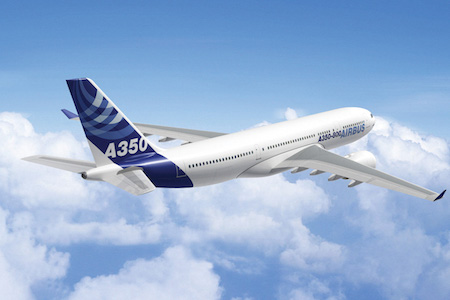
Yesterday, the Air Transport Action Group published the latest edition of its report, Aviation: Benefits Beyond Borders. This was part of the Global Sustainable Aviation Summit in Geneva, which is currently ongoing.
The report covers some of the major benefits of aviation around the world today. These include:
- Improving international trade and the global economy. ATAG has calculated that air transport supports some $2.7 trillion – or around 3.6% of the global economy.
- Providing employment and careers. Approximately 65.5 million jobs around the world are supported by air transport – roughly as many as the number who live in the United Kingdom.
- Improving productivity. Jobs in aviation are 4.4 times more productive than other jobs, generating £108,000 in gross value added per job.
- Supporting tourism and development. More than 55% of tourists travel to their destination by air, and air transport supports nearly 37 million jobs in the tourism sector – and these are expected to rise to 380 million jobs and over $11 trillion dollars in global GDP by 2027.
These economic benefits are being achieved while aviation – thanks partly to advances in aerospace – is making strong contributions to environmental progress:
- CO2 emissions per seat kilometre have been reduced by 80% since the beginning of jet aviation.
- Fuel efficiency is improving, with an average increase of 2.1% more fuel efficient a year across the global fleet between 2009 and 2016.
- Civil aerospace is spending more than $15 billion a year on improving efficiency in research & development.
- A global fleet upgrade to more modern and efficient aircraft has been achieved, as airlines have spent over $1 trillion since 2009 on over 12,200 new aircraft.
Aviation is a crucial aspect of modern life. It supports our lifestyle, upholds our jobs and business activity, and is working to ensure its sustainable development. As the aerospace industry, we are proud to play a key role in this, and keep the sector moving forwards into the future.





